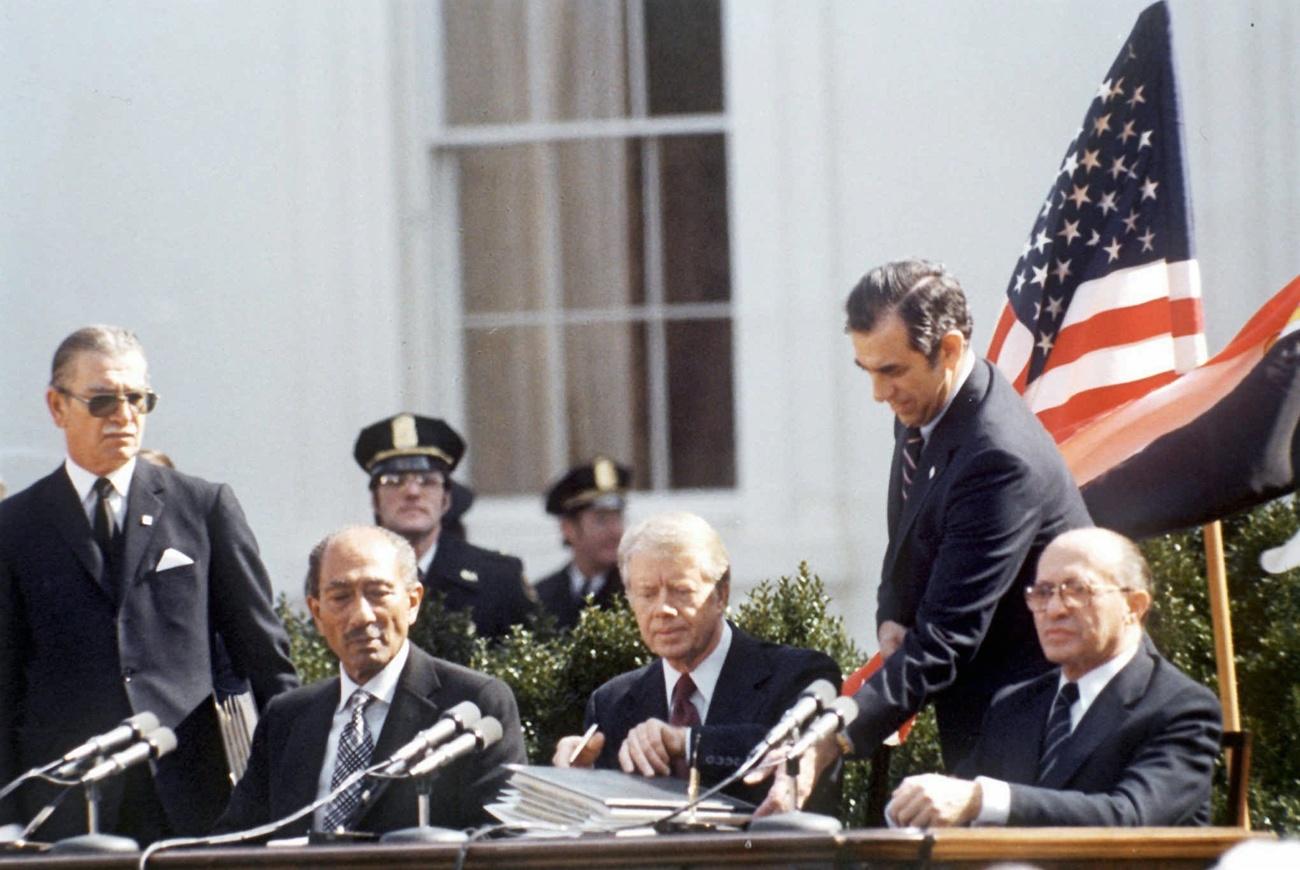
Ex-cabinet members had knowledge of Crypto business dealings, say papers

The Crypto leaks scandal continues to shake the Swiss political establishment. The Sunday papers report that some former federal ministers and parliamentarians had ties with the Swiss firm that helped the CIA and German intelligence listen to conversations of foreign powers for decades.
As a federal investigation into the affair gets underway, several Swiss papers report that archived documents name at least two former federal ministers with knowledge of the Zug-based company dealings.
Crypto leaks in a nutshell
Crypto, a Zug-based communications encryption firm which was liquidated in 2018, sold code-making equipment to Iran, India, Pakistan, Latin American nations and dozens of other countries. The technology was modified to let the CIA and German secret service (BND) break codes, as reported by The Washington Post along with Swiss public television, SRF, and German broadcaster ZDF.
According to German language papers NZZamSonntag and SonntagsZeitung current Justice Minister Karin Keller-Sutter submitted documentsExternal link to the government last December, which indicated that former justice minister Arnold Koller was aware of federal police investigations into the Zug-based company in the 1990s.
+ More about the #Cryptoleaks scandal investigation
Koller is also said to have been aware of contact between a member of the Crypto board and former defence minister Kasper Villiger.

More
How manipulated Swiss tech shaped world politics
This follows reportsExternal link on Saturday that current defence minister Viola Amherd had also sent a confidential paper to colleagues in December, with similar information. This represents the first official source in Switzerland showing some high-level government knowledge of Crypto’s questionable affairs with foreign intelligence.
Last week, Villiger vehemently denied any knowledge of the relationship with the CIA, arguing that the CIA documents are “not correct”.
Based on archived documents from 1994, there are also indications that two other government ministers at the time were informed of Crypto’s activities. This is based on letters written by someone working at the company’s distribution operations in Iran, who had been arrested in 1992 along with Swiss employee Hans Bühler.
The man wrote directly to the two former ministers, Jean-Pascal Delamuraz and Flavio Cotti, that he had sold devices made by Crypto with the “Swiss made” label, which were used for espionage.
Parliamentarians were also added to the list of public officials who were both chairmen of the Crypto board of directors for several years.
The government has commissioned former federal judge Niklaus Oberholzer to lead the federal investigation, which is expected to deliver a comprehensive report on Crypto AG by June.

More
Has ‘Crypto Leaks’ exposed Swiss neutrality as a sham?

In compliance with the JTI standards
More: SWI swissinfo.ch certified by the Journalism Trust Initiative





























You can find an overview of ongoing debates with our journalists here . Please join us!
If you want to start a conversation about a topic raised in this article or want to report factual errors, email us at english@swissinfo.ch.